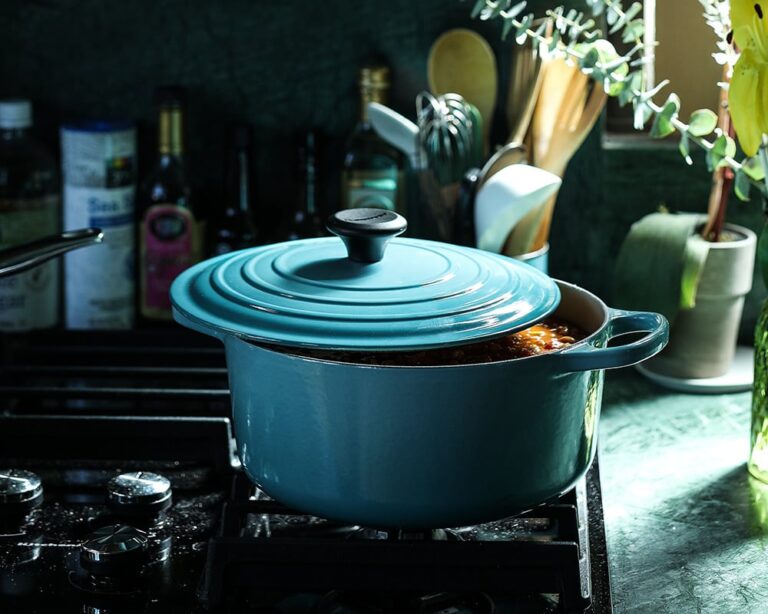gagner ses éperons
“gagner ses éperons” is a French saying meaning “to gain one’s spurs.” It means to get a promotion, to rise in rank, or to accede to a higher social status. Similar English expressions include “to earn one’s stripes” or “to win one’s spurs.” The French idiom only appeared in the 19th century, but makes a reference to the Middle Ages, to the process by which a man became a knight. This usually occurred after some kind of daring action or bravery that earned him a knighthood. He was given weapons and a pair of spurs, symbolising his new, higher rank.
A corresponding saying from the same period is “couper les éperons” (to cut the spurs), meaning to lose one’s rank due to disloyalty or other serious offenses.






